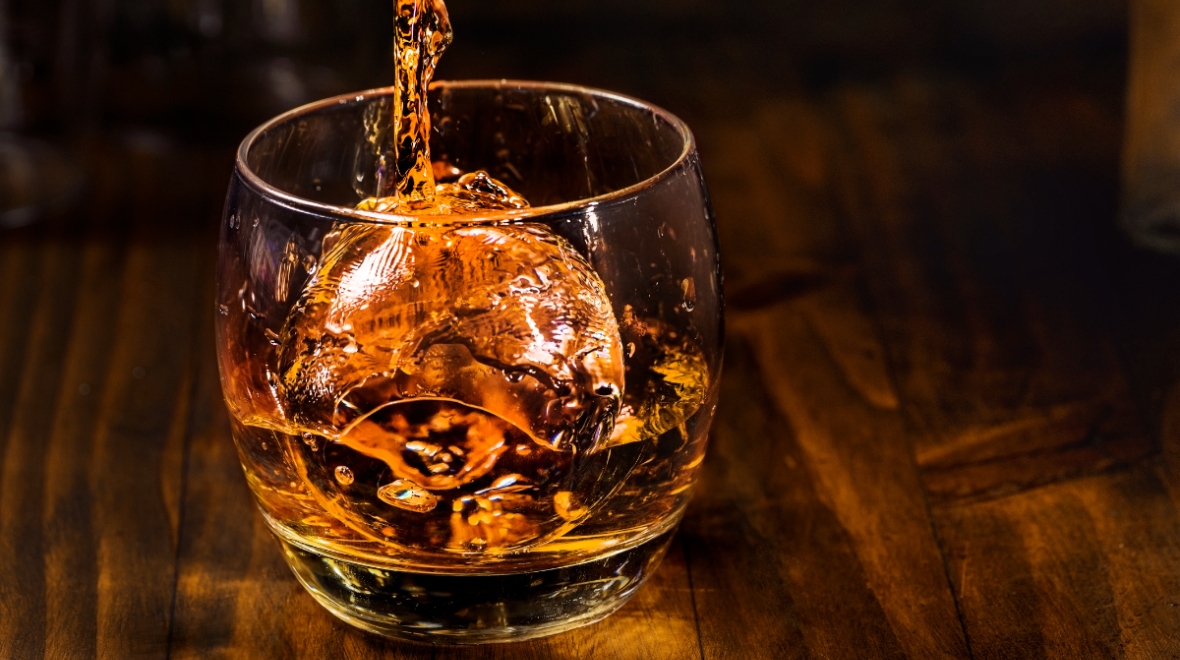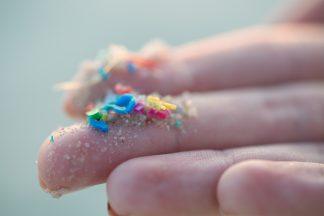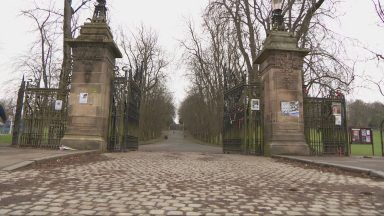Tiny fragments of gold could be used to create “portable” kits to measure the the age of whisky as part of an innovative new test.
Researchers at the University of Glasgow found nanoparticles of the precious metal formed faster on older casks of Scotland’s national drink, indicating those which were ready for blending, bottling and sale.
The team suggested the test, carried out on Scottish, Japanese and American versions of the alcohol, could provide master blenders with an easier way to assess the maturation of whisky in casks.
Dr Jenny Gracie, co-author of the study, added it could cut down the “time-consuming” process, which often involves specialist equipment and samples being dispatched to outside facilities.
The researchers, made up of chemists and bio-scientists from the institution, built their test on a reaction which occurs when samples of whisky are mixed with a solution containing small quantities of a special type of gold.
They found the resulting chemical reaction in the whisky causes distinctively-coloured nanoparticles to form in the sample over a short period of time at room temperature.
They were particularly quick to form on more mature whiskies, according to the research.
Whisky gains its final flavour profile from congeners – the chemicals left in the spirit after it is distilled and those absorbed from wooden casks.
However, these are often “unpredictable” and can rely heavily on the age of the cask.
It is hoped the process could be used to develop a quick, reliable test for distillers to measure the maturity of their whiskies – reducing the need for master blenders to be involved in every step.
The results of the study, entitled “Growth of Plasmonic Nanoparticles for Aging Cask-Matured Whisky,” were published in the Applied Nano Materials journal.
Lead author, Dr Will Peveler, said: “Age is more than just a number when it comes to whisky – the complex chemical reactions which occur in each cask make it impossible to estimate whisky’s maturity of flavour simply based on how long it’s been ageing.
“For as long as there’s been a whisky industry, distillers have been trying to find better ways to measure the maturity of individual casks to help them understand when they will be ready to use in a single malt or a mixed blend.
“What we’ve been able to do for the first time is show that the ageing-related chemistry of the whisky controls the formation of gold nanoparticles. That has allowed us to develop a unique “fingerprint” not just for types of whisky we tested but also for how whiskies mature over time.”
The researchers mixed the gold solution with samples from 15 different whiskies.
They also tested multiple samples taken at regular intervals from a single cask over a period of six years, which were supplied by the Scotch Whisky Research Institute.
Dr Gracie added: “Currently, there are a number of other tests available to measure whisky maturity, which use specialist processes like chromatography and mass spectrometry.
“However, they are rarely available on the warehouse floor, and if samples have to be sent offsite for analysis, this slows everything down.
“We hope that in the future we can develop this initial finding into a quick, easy and portable kit that distillers can use to measure the maturity of their whiskies without having to send samples for time-consuming tests with specialist equipment.”
Follow STV News on WhatsApp
Scan the QR code on your mobile device for all the latest news from around the country


 iStock
iStock
























